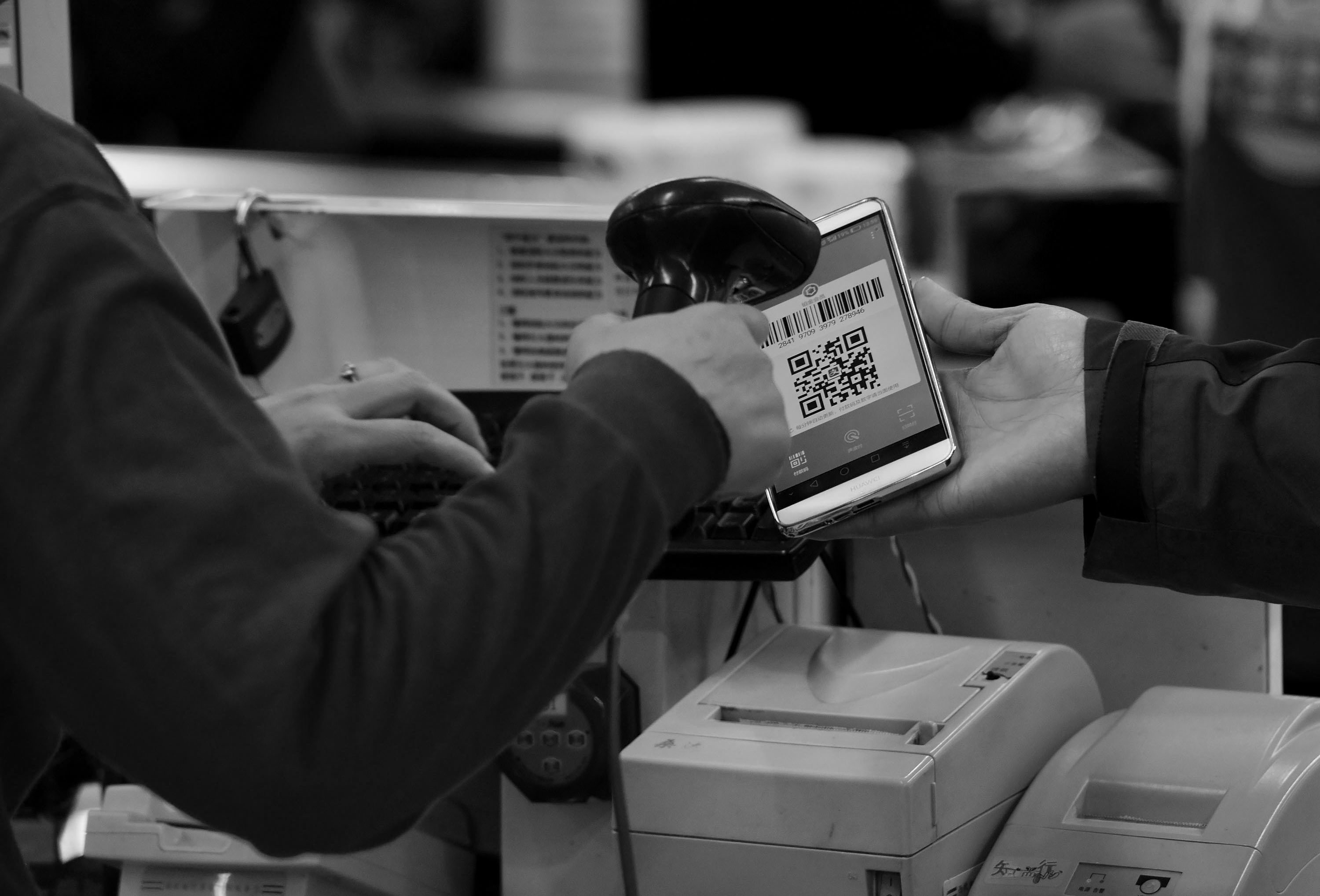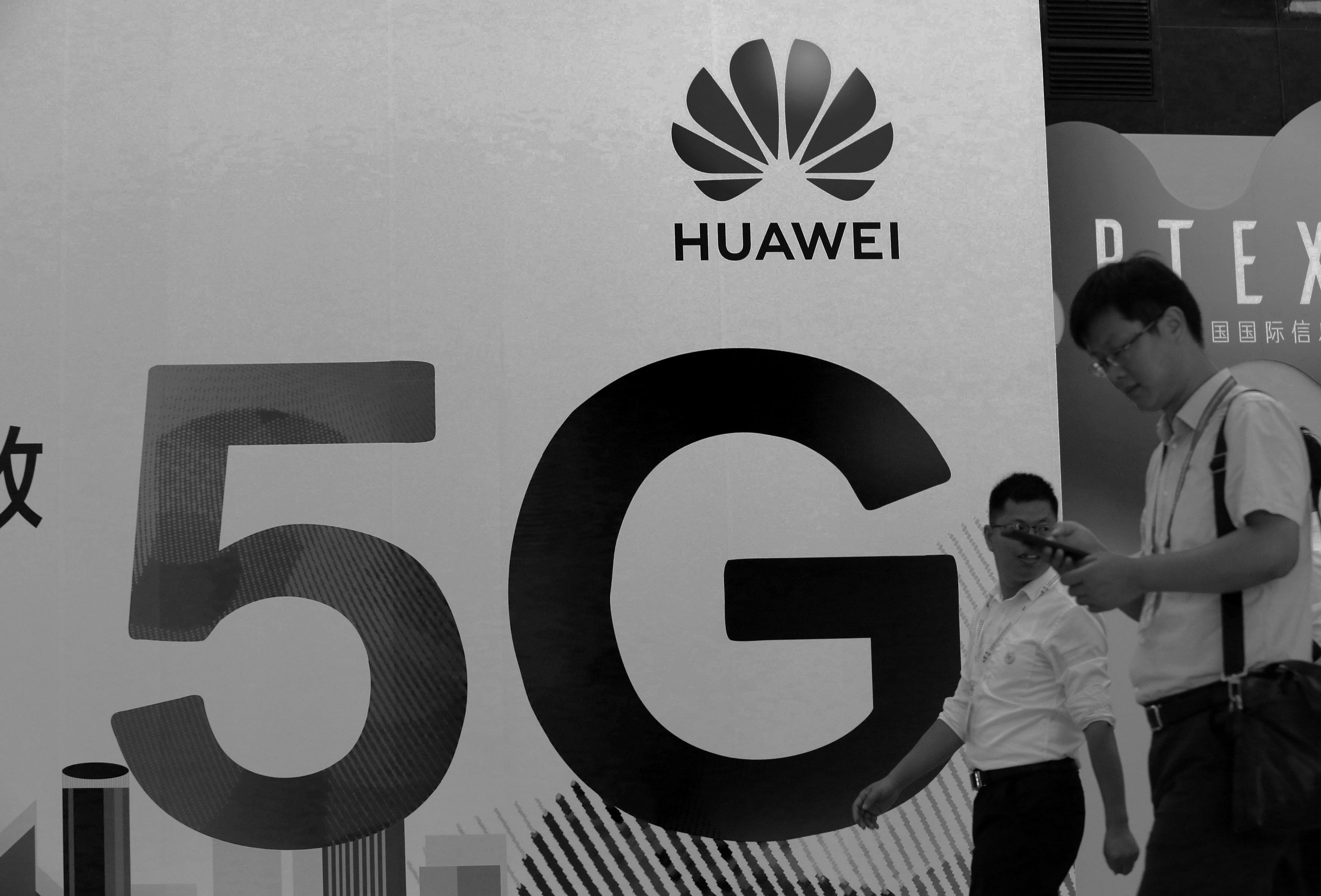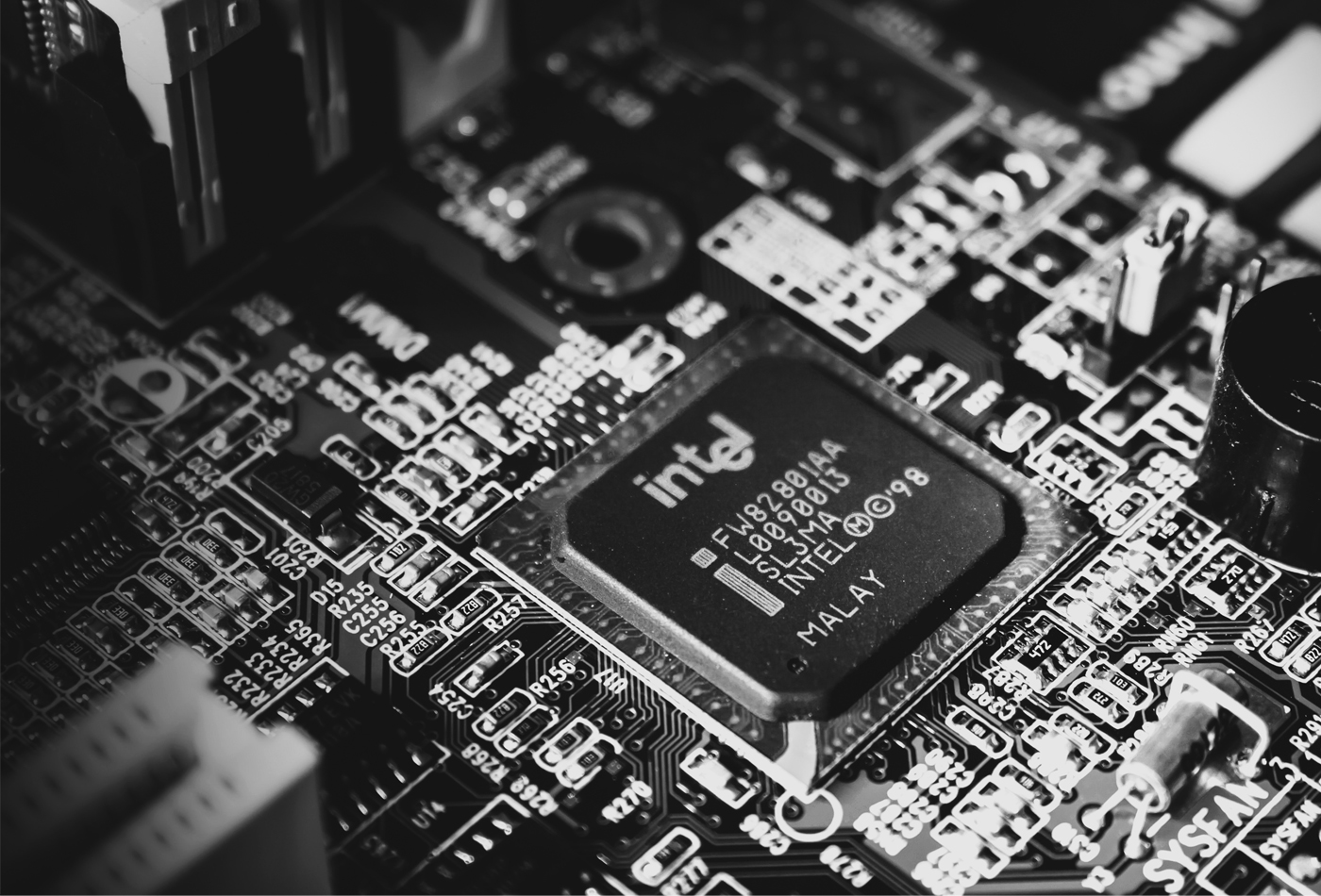Prophet
Brand
Relevance
Index
™
™

While there are several other brand lists and rankings out there today, ours is the only one that speaks directly to consumers to find out which brands are the most indispensable to their lives.
Alibaba’s Alipay takes the crown of the most relevant brand for the fourth consecutive year, excelling in all four principles. Adopting emerging technologies such as AI, big data and facial recognition, Alipay continually introduces new features and services. Alipay not only improves its role as a payment app but also dedicates its efforts to corporate social responsibility. With innovations in in-app experiences, users can play their part in paying back to society.


Consumers see Huawei as a brand that “lives up to its promises,” “deliver a consistent experience” and engages with consumers “in new and creative ways.” The uncontested leader of 5G technology, Huawei is widely recognized for its expertise and efforts in R&D. At a time where 5G advancements are garnering global attention, Huawei’s strength in the field has undoubtedly increased consumer confidence and preference towards the brand.


The versatile Android is increasingly used in various forms of smart devices in the wearable, electronics and automobile industries. Android‘s open-source systems allow leading technology brands to develop customized and stable operating systems and to form standardized app markets. As a result, Android has continued to impress Chinese consumers. In the latter half of 2018, Android’s market share in the Chinese smartphone market has reached 80 percent.


DJI’s vision of “The Future of Possible” aptly describes its effort to bring high-tech gear and equipment into the lives of enthusiastic consumers who love to travel and explore the world. With a steady stream of new drone products, in 2018 DJI unveiled the Osmo Pocket. Through its world-leading innovation technology and emotionally resonant brand story, DJI is acclaimed by many modern Chinese consumers as highly inspiring and innovative.


WeChat has evolved from an instant messaging app to today’s super app combining versatile strengths from messaging, social media to financial and gaming. In the past year, WeChat has continued to innovate, demonstrated through the introduction of the Snapchat-like video blogging feature, a facial recognition payment system “Frog,” as well as the optimization of its mini-programs. Can the mighty WeChat do more?


Bilibi is a video sharing website as well a social community, growing 30 percent year over year. The success of Bilibili lies in its diverse and active user communities, connecting more than 7,000 cultural circles with a wide variety of interests and a mature UGC community. Today, Bilibili has gained its foothold in China’s mainstream culture, evolving from an entertainment platform serving niche content to a diverse community with limitless content.


Xiaomi is not only one of the five largest smartphone brands in the world, but also an innovative smart-home technology firm. In the smartphone arena, Xiaomi has been focused on developing more sub-brands to target micro-segmented consumer groups. On the other hand, Xiaomi has created a powerful IoT ecosystem by introducing a wide range of innovative smart home products and become an integral part of customers’ daily lives.


Through effective micro-segmentation, China CITIC Bank introduces flexible and personalized offers such as mortgages, student loans and other personal credit and financial services. CITIC’s efforts in digital transformation also helped spur its growth. CITIC has a vested interest in developing technology to combine AI, blockchain, cloud computing and big data innovations to bring highly personalized financial services to specific target segments.


Intel consistently builds its brand from the perspective of the end-user, clearly communicating its innovative technology and product upgrades. Consumer consensus indicates that Intel is a brand they “can’t imagine living without” and the company has consistently provided a reliable user experience superior to its competitors. At the same time, Intel is heavily investing in its AI, 5G and IoT technology, pivoting and expanding its core competency towards data technology.


Audi is seen as reliable and trustworthy in the eyes of consumers, and its image is inseparable from the premium quality of its hardware, as well as after-sales customer service. Audi actively reshapes its brand to resonate with younger audiences by embracing new technologies like new energy, AI and IoT. In 2019, Audi unveiled its in-vehicle VR entertainment system, allowing passengers to experience VR games inside its cars.


Dig into the data with our experts
Read our latest insights
Check out the full Index for the complete list of brands that consumers simply can't live without.
Sign up and receive our latest thinking, insights and strategies to help your business grow better.